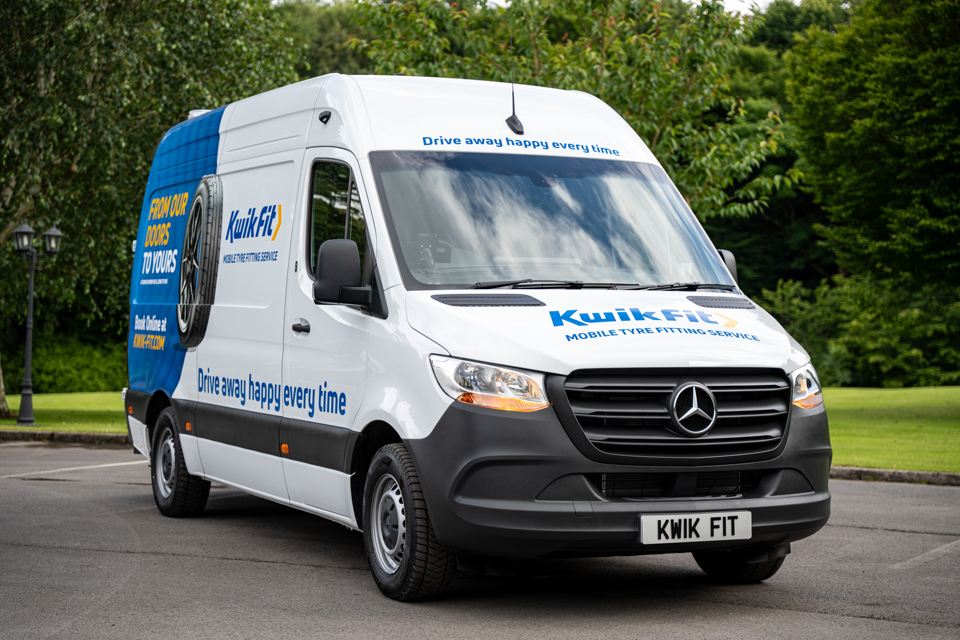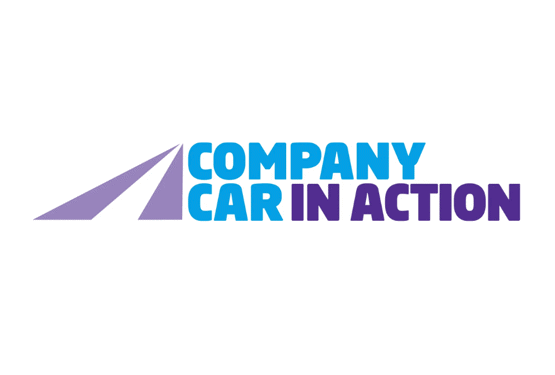The boss of Kwik Fit says that he expects the increase in employer’s national insurance (NI) to impact prices and hiring.
The Chancellor, Rachel Reeves, announced in the Autumn Budget that employers' national insurance contributions (NICs) would rise from 13.8% to 15% from this month (April).
In addition, the threshold at which businesses start paying NI on a workers' earnings will be lowered from £9,100 to £5,000.
Employers currently pay NI at 13.8% on a worker’s earnings above £9,100 a year or £175 a week.
The Government expects about 940,000 firms to pay more, 250,000 companies to pay less, and 820,000 to see no change.
The 1.2 percentage point increase and lowering of the threshold is expected to be worth an additional £25 billion a year by the end of 2029/30.
Kwik Fit, which employs about 5,000 people, estimates the NICs rises will cost it £5 million.
Kwik Fit managing director, Mark Slade, told the BBC: “We are really careful to make sure KwikFit is always competitive and benchmarked against the people around us - but the reality is that includes increasing prices.”
He added: “There will be some people who aren't replaced over the coming year and that will be in the senior levels.”
The Independent Garage Association (IGA) says the NI hike is another “blow” to its members. Jonathan Douglass, director at the IGA, said: “These businesses provide essential road safety services to motorists and local communities, yet they continue to be left behind.”
The added financial pressure not only affects the sustainability of these garages, he IGA argues, but also directly limits their ability to grow, invest in new talent, or modernise operations.
The Government, it says, must reconsider its approach to ensure that independent garages are not adversely affected by policy that undermines confidence and holds back investment, or worse still, threatens closure.
Douglass continued: “The IGA continues to advocate for fair treatment and meaningful engagement with the independent garage sector.
“We urge the Government to work with the IGA to create policies that foster business resilience and growth rather than stifle it.”
The Electric Car Scheme recently highlighted changes to employers’ NICs being behind increasing interest in the employee benefit.
Thom Groot, CEO and co-founder of The Electric Car Scheme, reported that businesses are taking advantage of salary sacrifice to provide new and second hand EVs to their staff, while also decreasing their employer national insurance contribution.





















Login to comment
Comments
No comments have been made yet.